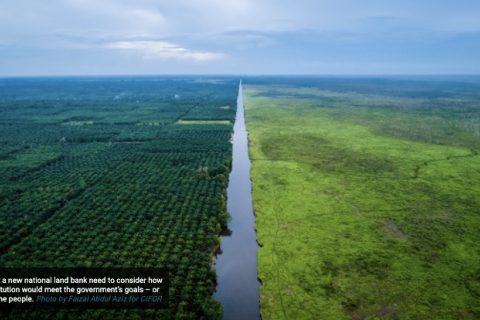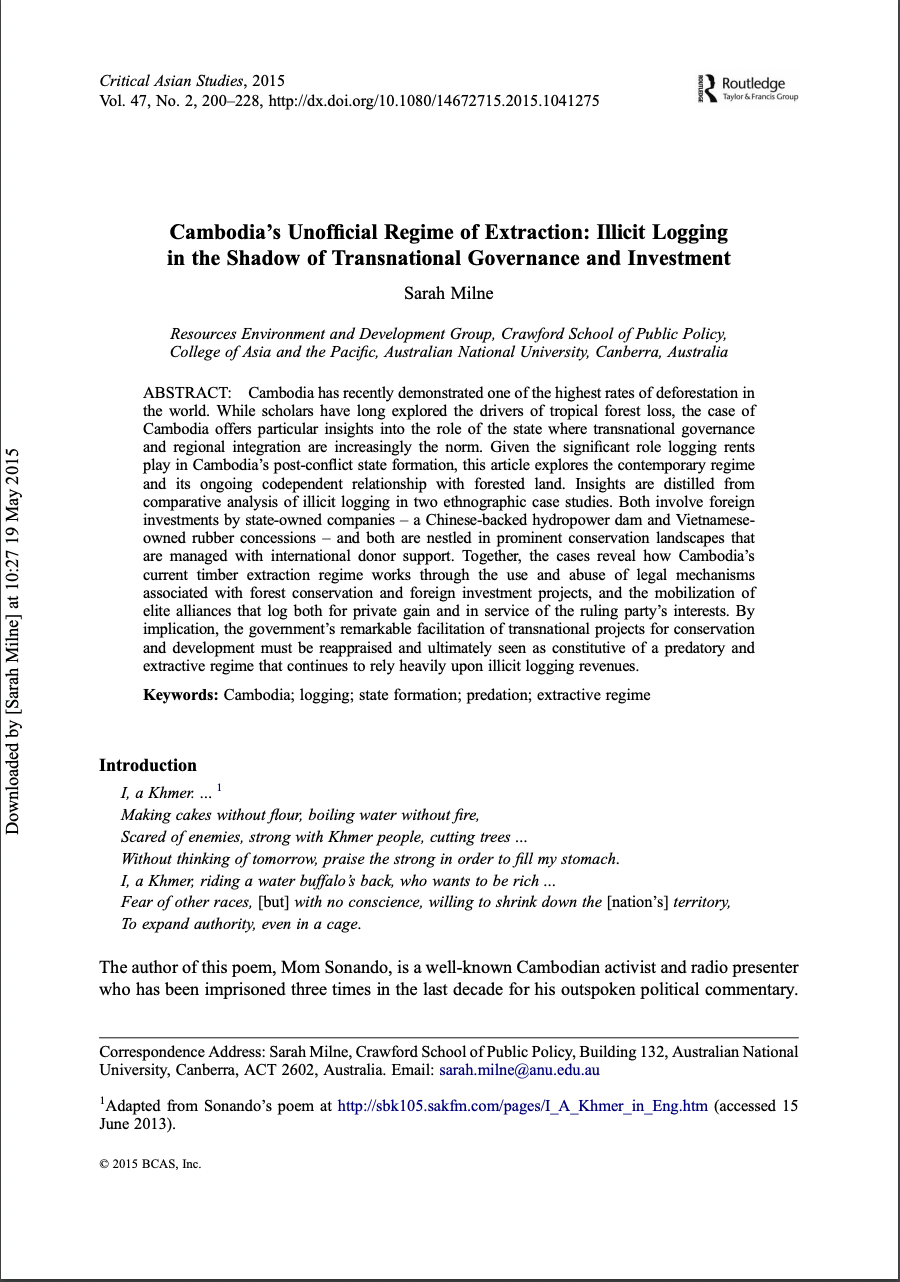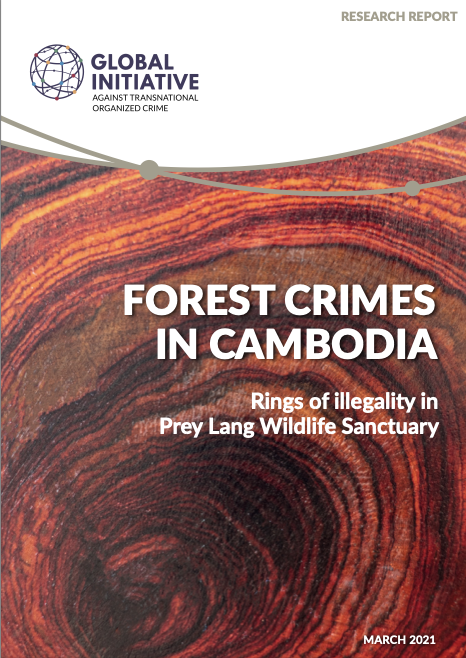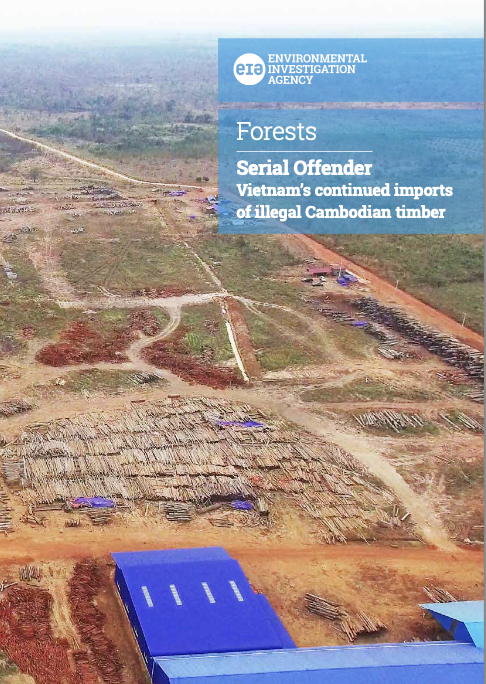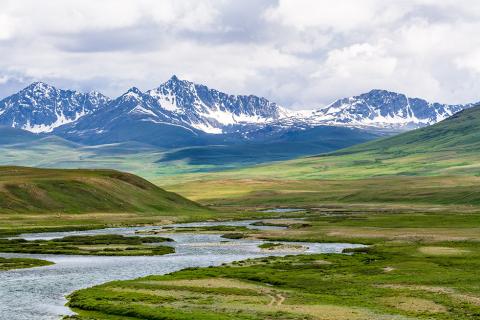
Topics and Regions
Daniel Hayward (UK) worked around Europe for 15 years as a dancer, choreographer and dance writer. Following retraining in sustainable development, he now works as an international development researcher, focused on land relations, agricultural value chains, gender, and migration. As well as working for Land Portal, Daniel is the project coordinator of the Mekong Land Research Forum at Chiang Mai University, and consultant for a variety of local and international NGOs and research institutes.
Details
Location
Contributions
Displaying 351 - 360 of 835'We will never give them our land': The city for rich that is displacing thousands of indigenous people in Pakistan's Sindh
According to human rights activists, an alleged crackdown is happening against those who are vocal against Bahria Town Karachi and the forced acquisition of lands and evictions.
Last month, while Murad Gabol’s two children were sleeping, police raided his house. “We showed them the papers of our home, but they beat us and locked me up in jail,” Gabol said.
The Taliban conquest of a thin strip of land could change Afghanistan
When a small group of armed insurgents in cars arrived in a village in the Wakhan Corridor, it put a sharp focus on Beijing’s role in this nation shattered by more than four decades of war.
Main photo: A Kyrgyz family in the Wakhan Corridor, a narrow strip of land that connects Afghanistan to China. CREDIT: MARTA PASCUAL JUANOLA
…………………
Cambodia’s Unofficial Regime of Extraction: Illicit Logging in the Shadow of Transnational Governance and Investment
Cambodia has recently demonstrated one of the highest rates of deforestation in the world. While scholars have long explored the drivers of tropical forest loss, the case of Cambodia offers particular insights into the role of the state where transnational governance and regional integration are increasingly the norm. Given the significant role logging rents play in Cambodia’s post-conflict state formation, this article explores the contemporary regime and its ongoing codependent relationship with forested land.
Forest Crimes in Cambodia
Cambodia has suffered some of the highest rates of deforestation (measured as a percentage of forest cover) of any country since the 1970s – and rates have been increasing significantly in the past decade. Even the country’s so-called protected areas have been severely impacted, despite supposedly being safeguarded under Cambodian law.
Global Forest Watch estimated that between 2001 and 2018, Cambodia had lost 557 000 hectares of tree cover in protected areas, representing an 11.7% loss of the total protected area.
Global Initiative Against Transnational Organized Crime
The Global Initiative was born from a series of high-level, off the record discussions between mainly (though not exclusively) law-enforcement officials from both developed and developing countries in New York in 2011–12.
Serial Offender: Vietnam’s continued imports of illegal Cambodian timber
Vietnam, which has a long history of theft of timber from neighbouring Laos and Cambodia, recently initialled a timber trade agreement with the European Union. This will see Vietnam implement legislation to address imports of illegally harvested or traded timber, in return for timber exports to the EU being deemed to comply with the requirements of the European Union Timber Regulation (EUTR).
Indonesia’s defence minister sued over land grab
Main photo: Indonesia’s Defence Minister Prabowo Subianto, left, with President Joko Widodo in October 2019. AP
Singapore/Jakarta | Hundreds of high-ranking retired military officers have taken Indonesia’s Minister for Defence Prabowo Subianto to court in an effort to resolve a long-simmering dispute over land.
Power poles and land dispute delay Ring Road widening work
The Chinese contractor has said it cannot start work on Kalanki-Maharajgunj section until the electricity poles are removed. The work is already delayed by a year.
The second phase of Ring Road widening work involving the 8.2 km Kalanki-Maharajgunj section is still in limbo as the high-voltage power lines in the Samakhusi area have yet to be shifted.
The Department of Roads blames the Nepal Electricity Authority for the delay.


